Opti-Min | Horse minerals | Vitamins
Discover Opti-Min horse minerals and quality vitamins. The supplement that offers premium equine multivitamin and mineral supplementation that works with all diets to improve the nutrition of your horse.
Contains optimal levels of antioxidants, organic minerals including organic copper and zinc. But excluding iron and manganese due to New Zealand pastures having sufficient. In addition, contains the essential amino acids methionine, lysine and threonine, a proven prebiotic with added salt to ensure all nutritional requirements are met.
We have ensured our horse minerals are also palatable and tasty for horses. Each fortified dose has been carefully formulated by our research chemist in conjunction with equine nutritionists to achieve optimal balance in your horse’s diet. Our vitamins and chelated minerals are bioavailable offering high digestibility and enhanced absorption. We use the latest innovation of glycinate mineral technology which is proven superior to proteinates (Ref BASAF clinical trial on absorption vs availability comparing glycinates to proteinates).
With this unique and comprehensive formula of horse minerals, simply choose your dose to best reflect the diet, this will be either 30, 60 or 80 grams (full instructions on pack) as your horse is an individual and so is their diet.
Experience Opti-Min Horse Minerals and quality vitamins
Opti-Min is a multivitamin and mineral supplement for horses offering a full range of vitamins, minerals, amino acids, salt and the addition of a proven prebiotic yeast “saccharomyces cerevisiae”.
Crafted for New Zealand conditions due to our pasture being deficient or not well balanced in certain minerals. In New Zealand, some minerals are found in excess such as iron and manganese whilst others are in shortfall such as iodine, sodium, copper, zinc and selenium. Vitamin A and vitamin E shortfall also occurs where fresh green forage is restricted.
The diet of most New Zealand horses consists of pasture (of varying quality) with some hard feed rations or hay. However, some horses may require dietary restrictions with less grass and more hay, or even a hay only diet for those that struggle with obesity or laminitis. These feed restrictions mean your horse will be lower or deficient in some vitamins and minerals. If the overall diet is not corrected and balanced accordingly, poor quality hooves, coats, lower immunity and performance often manifests.
A good diet should cover sufficient fats and oils, quality protein, fibre and carbohydrates (for harder working horses) as well as vitamins and minerals. To help balance the diet Opti-min is recommended to make up nutritional shortfalls for optimal nutrition.
Selenium for horses
Our supplement contains a safe level of highly absorbable organic selenium. It is far easier to top up a shortfall of selenium, than start off too high and end up with a toxicity. Selenium has a cumulative (add on) effect, so all selenium in the diet should be evaluated before adding more. Opti-min works safely in with feeds with a targeted lower level of organic selenium.
We recommend that a veterinarian blood test your horse before adding other supplements with higher selenium levels. Toxic levels are difficult to bring back down. This can take many months and is damaging (and toxic) to your horse’s health. If your veterinarian recommends more, then your vet can suggest a weekly (or monthly) amount of liquid for use in conjunction to ensure your level is safe and appropriate for your horse. For this reason, we purposely formulate with a lower, safer level of selenium.
Vitamins for horses:
Vitamins support good health for performance horses as well as those under stress, illness or feed restrictions.
Vitamin B for horses
B group vitamins are made in the hind gut. However, this is largely dependent on how well the horse digests, the level of stress and work requirements asked of the horse.
Horses in full work or under stress therefore have higher needs for B group vitamins.
Vitamin C for horses
Vitamin C is made in the liver, however, horses with higher stress, in full or demanding work, older, or unwell have greater needs for this.
Vitamin C is water soluble nutrients that assist with dietary shortfall, however if the body does not require can easily be excreted.
Vitamin A for horses
Vitamin A is found in forages but due to poor stability, unless the forage is fed fresh the amount quickly depletes (by around 5% per month). The level per dose in Opti-min is carefully calculated at the optimal level for good health and is set lower to take into account the likelihood of fresh forage consumed by the horse.
Vitamin E and selenium for horses
Vitamin E is available in fresh, green forages and feed stuffs such as pasture, chaffs or ensiled feeds (horse feed in plastic wrap). However, this level is also dependent on access to fresh forages and also the quantity of forage fed.
Feeding Vitamins to horses
The purpose of adding vitamins to your horse’s food is to make up nutritional shortfall, never to take place of the diet itself. Higher performing horses, old, ill or horses with stress or restricted diets and those with less available natural green forage such as grass have a dietary requirement for added vitamins.
Amino acids for horses
Quality protein that has a good amino acid profile (covering the limiting essential acids) is also crucial to the horse’s diet. We therefore include amino acids lysine, methionine and threonine. These are known as essential amino acids where their role is to ensure quality coat, hooves, immune function, growth and development and must be consumed in the diet. These are deemed essential as the body cannot make these amino acids.
Salt for horses
We also add salt as sodium is typically low in New Zealand pastures. Our supplement in addition, contains higher levels of copper and zinc and contains no added manganese or iron (these are considered sufficient already in feedstuffs and deficiency is rare). Copper and Zinc are raised due to the competition of nutrients and where higher iron naturally present in the pasture generally lessens uptake of these, so we add slightly more, this is done in a balanced ratio. Manganese is also not added as New Zealand pastures are not deficient in this mineral. Please note this refers to Manganese and not Magnesium.
Our highly palatable equine supplement is designed to improve the health of your horse and can be used for all horses!
What is the recommended dose of Opti-min?
30-60 grams -suits most horses including performance, leisure horse riding such as horse treks and general riding, breeding mares, spelling, stallions and youngstock where some hard feed (premixed feeds) may be used but below recommended levels. 30 grams – suitable when a good level of hard feed ration is also being used (but below recommended levels).
Up to 80 grams – for horses receiving restricted grass intakes, mainly hay diets, with possibly no hard feed (or premixed commercial feed) or very little hard feed ration.
Signs of vitamin and mineral deficiency in horses
Dietary imbalances may show as:
- Anaemia
- Regular skin infections or cellulitis
- Thrush in hooves
- Low immunity
- Poor quality hoof, cracks, thin soles, poor hoof wall integrity
- Faded and dull coat
- Ill thrift (just not thriving), poor performance, sore muscles, weakness and lack lustre disposition.
Some helpful dietary tips are:
1. Feed quality protein with a good amino acid profile (such as some Lucerne) whilst ensuring all other food requirements meet condition, health and performance of your horse. Don’t be afraid to change feeds with changing seasons. But do so slowly.
2. Always ensure your horse has a good level of quality hay available daily or other source of high fibre as gut microbes need fibre. The hind gut is highly specialised with an absolute need for daily fibre.
3. Ensure the hay always smells good and is not dusty. For good doers this can always be soaked if need be prior to eating (to lower sugar content).
4. Keep in mind short grass or grass that is green and growing is not providing your horse with much fibre. Grass only turns to fibre when it is longer (and generally the highest) when it forms a seed head (at the end of its life cycle).
5. Ensure hoof quality is not reduced by laminitis (check for bounding digital pulse) and look for the early signs of this disease which is becoming all too common. Also ensure good farrier care and regular hoof trimming.
6. Ensure worming and teeth are up to date. This is vital to obtain a true evaluation of your horse’s health.
7. Keep in mind horses under stress, illness, grazing restrictions, low feed rations, young and growing to old all have a higher need for vitamins, minerals, good quality protein and fibre.
Supplementation will therefore assist with stronger, harder hooves, efficient digestion and gut health to healthy skin and coat, with more robust immune function and is recommended in combination with good diet.
FREQUENT QUESTIONS ON DOSE RATES AND SUPPLEMENTS – EXTRA READING
There has been confusion due to good marketing and social media what actually entails a good supplement! so here is some extra content!
The purpose of supplements
A supplement is supplementary to the diet. Therefore, it starts with a good diet foremost.
A supplement can then be used to support or fine tune things. Here are some reasons when you would choose to use a supplement:
- Nutritional support – to top up a nutrient (or nutrients) when the diet is restricted or not balanced. This may also be during seasonal changes to correlate with pasture changes and nutrient balances.
- Digestive support – help to restore and balance the gut. These should also be used alongside quality fibre (such as hay) to maximize their effect. Gut microbes need fibre!
- Nerve support – during times of stress and anxiety to help the horse relax. This is also important for health to lower cortisol levels associated with the flight response. No fun to handle or ride a horse in flight mode!
- Muscle support – extra antioxidants for hard working muscles may be needed such as A, C and E and selenium. Think of all those muscle fibres! Internal reactions and waste products lead to cell damage. Enter an antioxidant to stop the process!
- Salt – to top up pasture shortfall or from sweating. Electrolytes should be given in accordance to sweat and in particular working and sweating in hot conditions. Electrolytes are not held in the body so should be given after riding when sweating occurs. They can be used in addition to salt, but do split feeds so it is not too salty
- Joint support- supplying the building blocks for healthy cartilage and synovial fluids in turn maintains joint health. Your horse is an athlete and wear and tear reduces performance, comfort and provides quality of life
- Respiratory support – for reduce symptoms to support the upper respiratory and support immune health.
NPC Health offers a professionally formulated range of quality horse supplements at effective levels to support health, based on science, boosted by nature and backed by expertise.
How fortified are your supplements?
Clever marketing can disguise what is really in your supplements. This is common in the marketplace leading to inferior ingredients, low levels of ingredient and bold claims.
Horses are large animals. That means the level of active ingredient must be sufficient to cover the requirement.
Small dose rates may suffice with a singular ingredient, but when using a supplement with multiple ingredients these ingredients of a certain level of active to be effective.
TIP Keep in mind some ingredients require higher levels to actually work and be effective!
TIP Example: 10 grams of X product might sound good, but in actual fact, 50 g of X product may be required to actually work and make a difference!
TIP Bio-availability counts! Look for quality ingredients at effective active levels.
NPC Health supplements are professionally formulated, researched and developed to supply high levels of active ingredients to deliver effective doses of only the highest quality ingredients. We back our products as we formulate them. We are also technical people with expertise and experience this area.
Do horse supplements work?
These are only effective if the active ingredient levels are correct.
TIP look for proven ingredients at proven levels!!!
Don’t be fooled by inferior ingredients, ineffective ingredient levels and clever marketing
- Clear labelling that answers these important questions:
What is it? What does it do? When do you use it? What result will you see?
- Evidence that it is professionally researched, developed and formulated based on science
- Ingredients that show evidence when used at these levels are deemed effective.
- Quality ingredients that are proven and bio-available for absorption
TIP check your supplement provides bio-available, quality ingredients at effective levels that are proven to work!
| Weight | 2 Kg, 6 Kg, 12 Kg, 24 Kg |
|---|
You must be logged in to post a review.
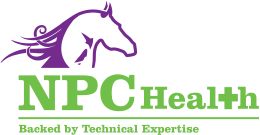
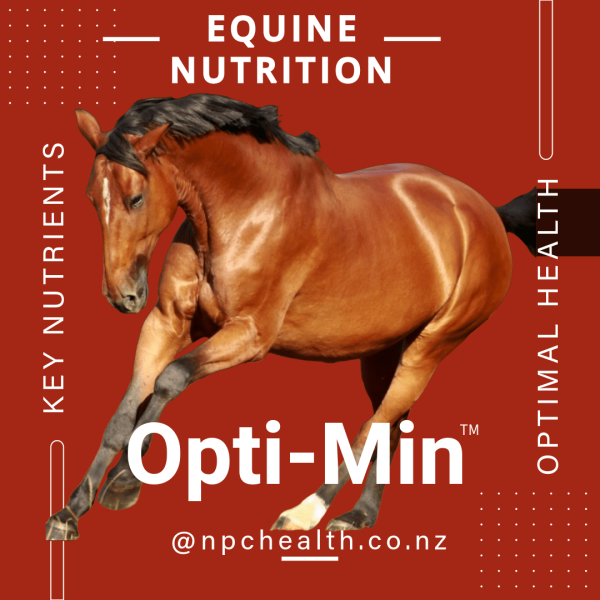

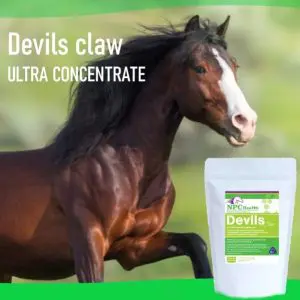


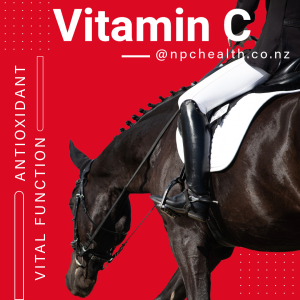
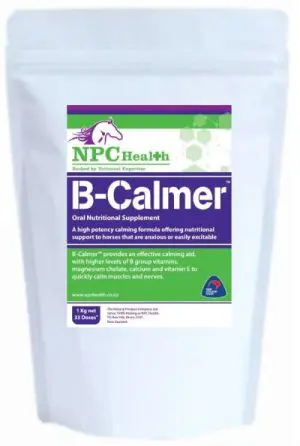
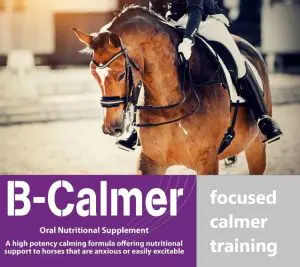
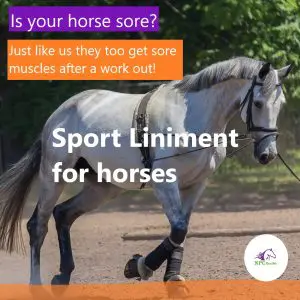
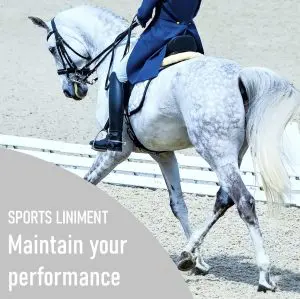
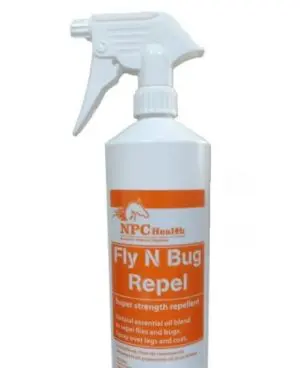
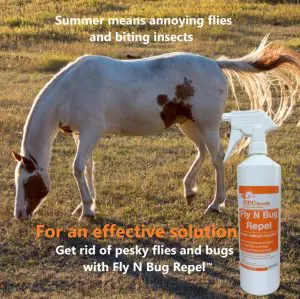
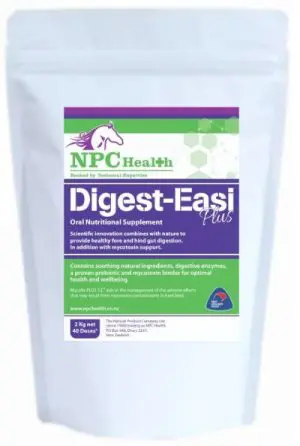

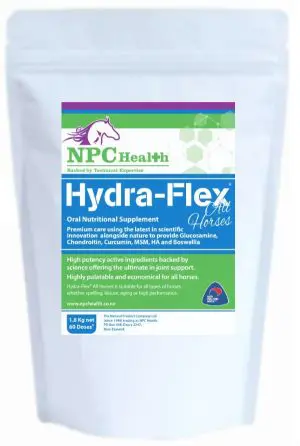

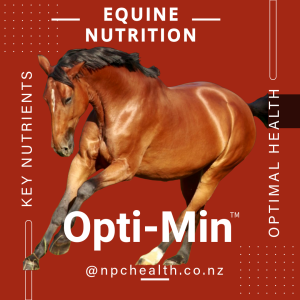
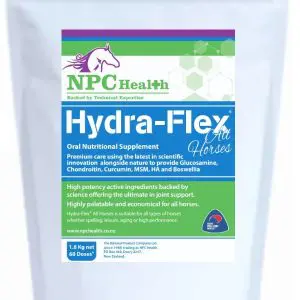
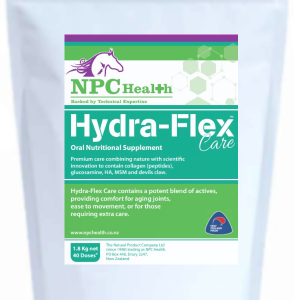
Reviews
There are no reviews yet.